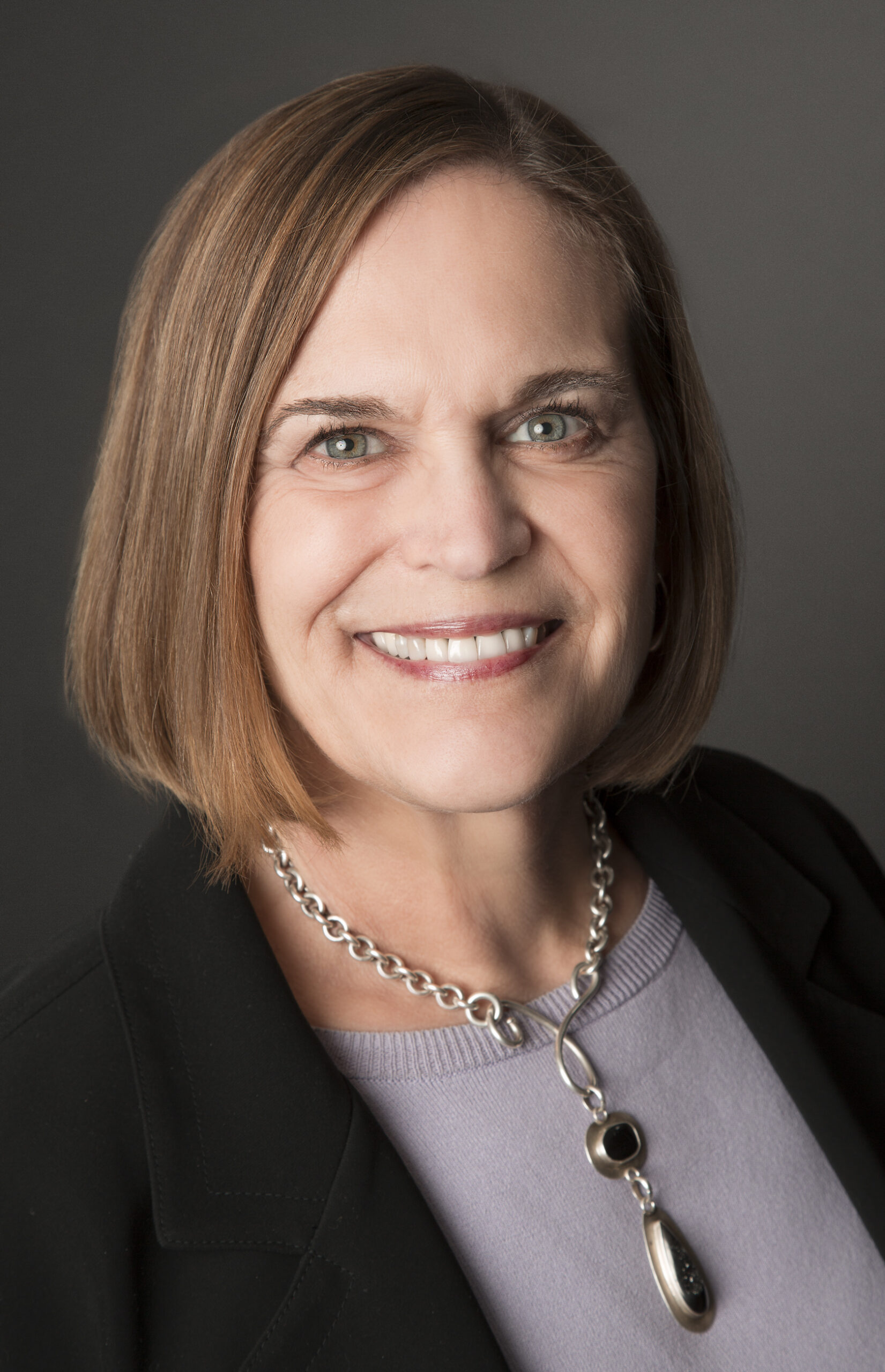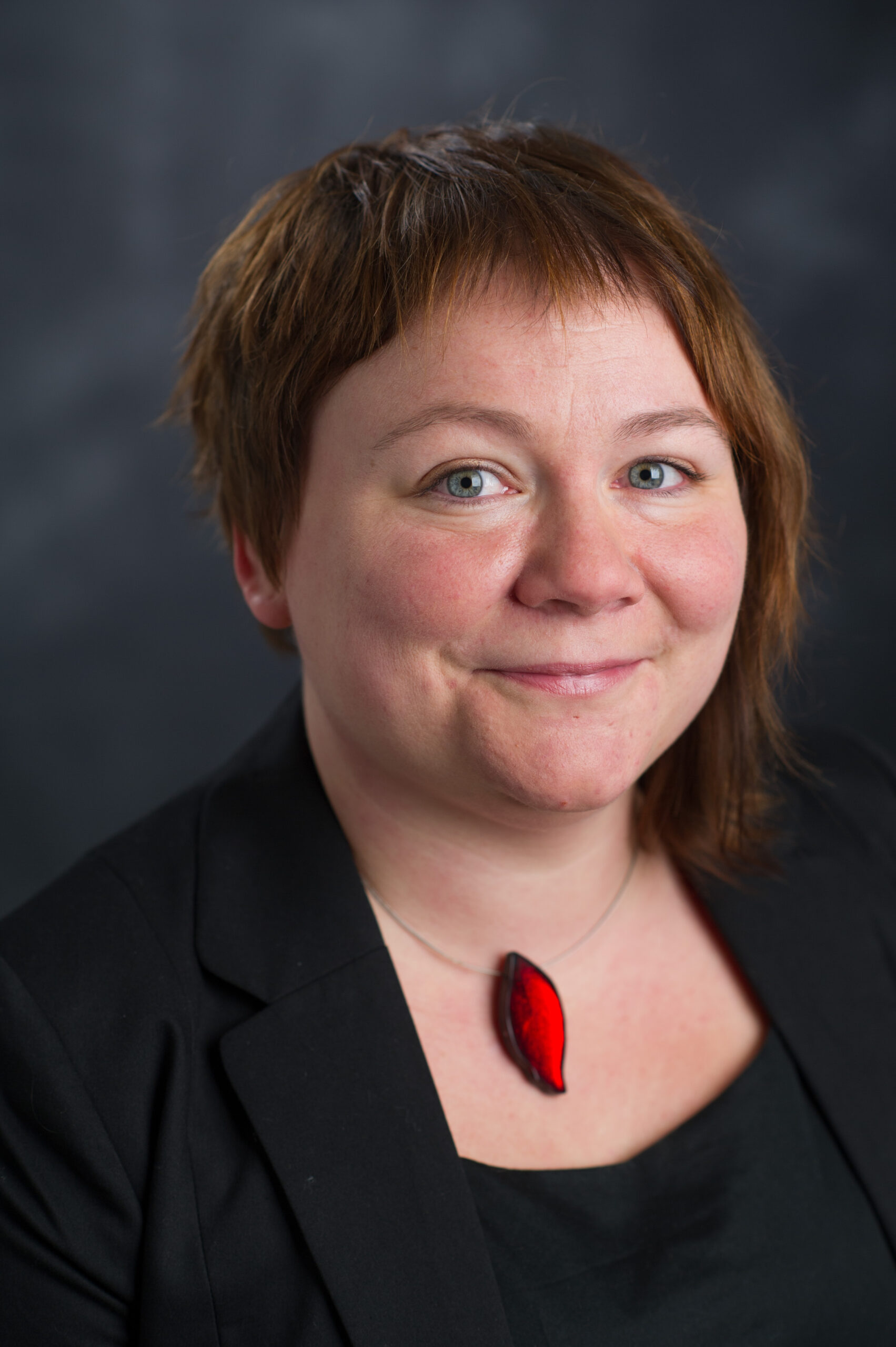Research Highlights Session II – Personal Digital Health Data Space
Abstracts and Speakers, Wednesday 30 Oct 2022
Patient Contributed Data
Speaker:
- Jan Oldenburg, FHIMSS
Principal | Participatory Health Consulting
Abstract:
Ms Oldenburg will talk about the definition of Patient Contributed Data (PCD), why it matters, and how we can set up an environment where it is valued, captured, standardized, and built into workflows to empower collaboration between care providers and their patients as well as between researchers and patients.
In the presentation, she will feature stories to highlight why patient contributed data can empower collaboration with patients. She’ll emphasize some of the current barriers to significant incorporation of this data and discuss a vision for a future in which this data is a core part of medical care and collaboration.
Speaker Bio:
- Jan Oldenburg, is the principal of Participatory Health Consulting. She has focused on healthcare digital transformation, practice, and policy for 20+ years. She was the Vice President of Patient and Physician Engagement in Aetna’s ACO organization and held senior leadership roles in HealthPartners and Kaiser Permanente’s Digital Services Group. She has been an advisor to organizations across the healthcare ecosystem.
Ms. Oldenburg is the principal editor of Participatory Healthcare: A Person-Centered Approach to Transforming Healthcare (2016) and Engage! Transforming Healthcare Through Digital Patient Engagement, (2013). Ms. Oldenburg also authored chapters in the Third Edition of Medical Informatics, an Executive Primer (2015), The Journey Never Ends (2016) and Health Informatics: Multidisciplinary Approaches for Current and Future Professionals (2022).
She’s co-chair of the HL7 Patient Contributed Data workgroup, former co-chair of the HIMSS Connected Health Committee and a former member of the Society for Participatory Medicine board.
Future Directions of Patients’ Access to their Electronic Health Records across Europe
Speaker:
- Maria Hägglund, PhD
Associate professor in health informatics and a senior lecturer in implementation science | Department of Women’s and Children’s Health- Uppsala University
Chair | EFMI CHD WG (Citizen and Health Data)
Abstract:
Patient portals are increasingly available to facilitate access to personal health information and used to facilitate communication between patients and healthcare professionals, as well as for performing administrative tasks, such as appointment bookings and prescription renewals. Patients are also increasingly provided with access to their electronic health records (EHRs) through portals, as a service to “look up and read” information, sometimes referred to as patient accessible EHRs (PAEHRs), or when referring specifically to the notes in the record, ‘open notes’. This is an important contribution to “Personal Health Data Spaces” to support citizen use of their data in line with the effort for setting up a European Health Data Space.
In this presentation, Maria Hägglund will give an overview of current adoption and use of the national patient portal and patients’ access to their electronic health records in Sweden. She will also report on the results of an international survey that elicit to what extent patients across Europe have online record access, and outline some future directions.
Speaker Bio:
- Maria Hägglund is an associate professor in health informatics and a senior lecturer in implementation science at the Uppsala MedTech Science & Innovation Centre, jointly funded by Uppsala University and Uppsala University Hospital. Her research focuses on user centered development of patient centered information and communication systems to support collaboration and patient empowerment. A special research interest is transparency and patients’ access to their data. Within the Swedish research consortium DOME, she explores the impact of patients’ access to their electronic health records (including notes) through the national Swedish patient portal. From a socio-technical perspective, it is highly relevant to compare and contrast different approaches to transparency, and Maria achieves this through international collaboration with the OpenNotes research group in the USA, with partners in the NordForsk financed project NORDeHEALTH, and through the EFMI working group Citizen Health Data. Maria is also associated to Karolinska Institutet and the Health Informatics Centre, where she was previously engaged as the programme director for the Global Master’s Programme in Health Informatics.
Empowering patients by incorporating patient reported outcomes to clinical decision making and research (H2Os interoperability approach)
Speaker:
- Florian Katsch
Pre-Doc | Ludwig Boltzmann Institute for Digital Health and Prevention
Abstract:
The H2O project aims to provide a common methodology and technical as well as organisational solutions to incorporate patient-reported outcomes data into clinical decision making and research. Organised as a multi-centric European network of observatories, it will give patients the technical platform to record and share their outcomes data with professionals directly involved in care delivery, and allow researchers to benefit from a anonymised and highly standardised data-set over a broad group of patients. The establishing of a common language and interfaces to e.g. national electronic health record systems poses substantial interoperability challenges, which are addressed by making use of common data models and using common healthcare standards.
Speaker Bio:
- Florian Katsch is currently employed at the LBI-DHP and registered to the PhD program of the Medical University of Vienna (MUV). He did his masters in medical informatics at the University of Vienna and MUV, with a focus on machine learning approaches for segmentation and classification of skin lesions in dermatoscopic images. Under the supervision of Univ.-Prof. DI Dr. Georg Duftschmid (MUV) and Rada Hussein, PhD, FIAHSI (LBI-DHP), his PhD studies concentrate around semantic interoperability approaches for the usage of patient-contributed health data in patient care and prevention. He is member of the Horizon 2020 funded health outcomes observatory (H2O) project in the working group ‘infrastructure’.


